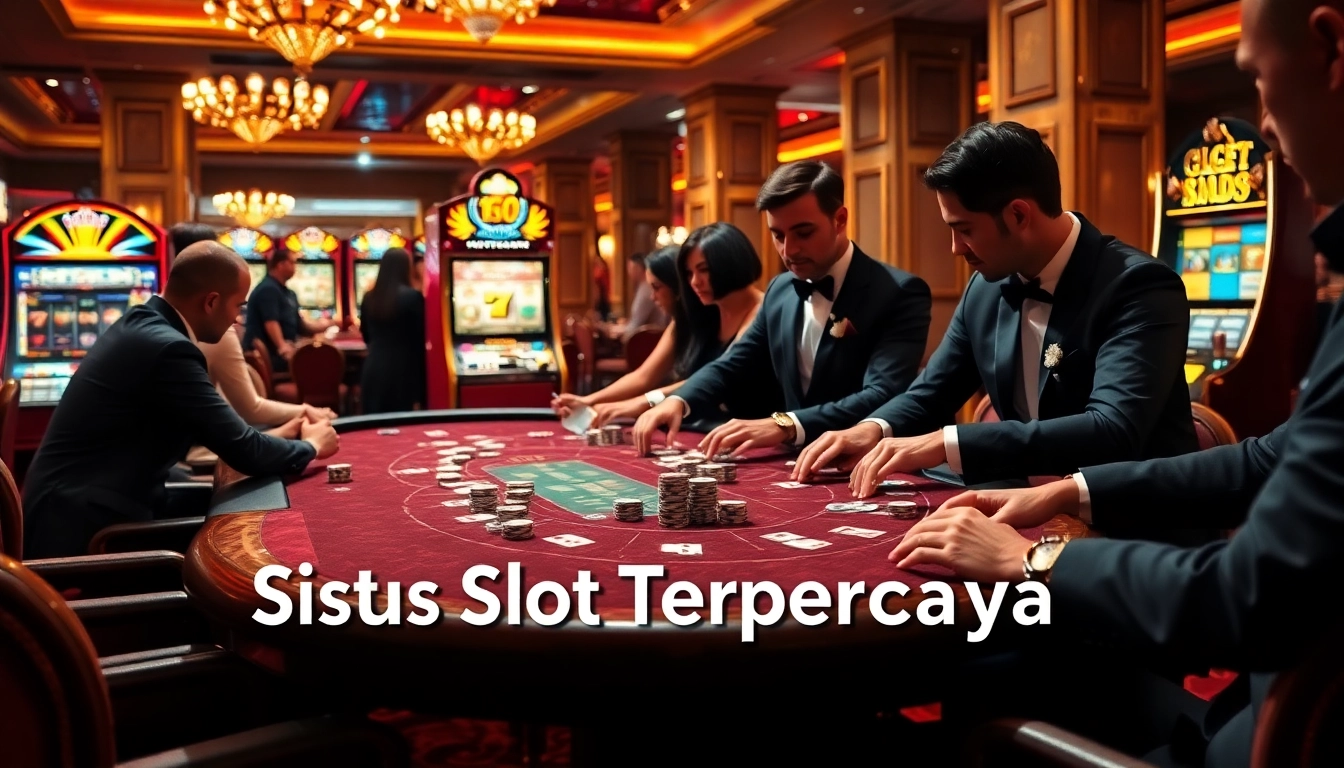Understanding the Basics of Poker Strategy
In the world of poker, a solid understanding of strategies and rules can significantly improve your chances of winning. Poker is not just a game of luck; it requires a blend of strategies, psychological insights, and disciplined bankroll management to master the gameplay. Whether you are a casual player or a seasoned gambler, grasping the fundamentals is essential for enhancing your overall experience. Resources like https://jun88buzz.info/ can provide valuable insights into game dynamics and strategies.
Key Poker Rules Every Gambler Should Know
Before diving into strategies, it is crucial to familiarize yourself with the fundamental rules of poker. These vary depending on the game variant (e.g., Texas Hold’em, Omaha, Seven Card Stud), but some basic rules remain consistent across all forms:
- Hand Rankings: Learn the hierarchy of poker hands, from high card to royal flush. Understanding this is foundational when making betting decisions.
- Blinds and Antes: Know the difference between blinds (used in games like Texas Hold’em) and antes (used in games like Stud Poker).
- Betting Rounds: Familiarize yourself with the structure of betting rounds, including pre-flop, post-flop, turn, and river.
The Importance of Position in Poker
Your position at the table can greatly influence your strategy. Being in a late position allows you to observe other players’ actions before making your decision, which can be advantageous. Conversely, early position often requires more cautious play since you have less information about opponents’ hands. Adapting your strategy based on your position can increase your success rate significantly.
Bankroll Management Essentials for Success
Effective bankroll management is vital for sustaining your poker journey. Set a budget for each session and stick to it—this approach helps you avoid significant losses and extends your playing time. A common rule is to never risk more than 5% of your total bankroll on a single game. Additionally, track your results consistently to analyze your performance and adjust your strategies accordingly.
Advanced Tactics for High-Stakes Play
Once you’ve mastered the basics, it’s time to delve into advanced strategies that can help elevate your game to new heights. In high-stakes environments, the competition increases, requiring sharper tactics. Resources and discussions on sites like https://jun88buzz.info/ can provide competitive insights for those seeking to refine their gameplay.
Reading Your Opponents: Psychological Insights
Understanding your opponents is a crucial part of poker strategy. Look for behavioral patterns during play that can indicate the strength of their hands. Players often show signs of nervousness or overconfidence when holding strong or weak hands. Employing psychological tactics, such as bluffing, requires not only skill but also the ability to read others effectively.
Betting Techniques to Maximize Your Winnings
Using strategic betting techniques can significantly influence the pot size. Consider employing a value betting strategy where you raise with strong hands to extract maximum value from opponents. Alternatively, you can implement a bluffing strategy when the situation allows, but ensure your bluffs are credible to avoid detection.
Utilizing Online Resources from Jun88 for Better Strategy
Online communities and resources, such as those found on Jun88, can play a pivotal role in improving your game. Engaging with other players for strategy discussion, sharing experiences, and analyzing game plays can provide fresh perspectives and ideas for your strategy.
Analyzing Odds: Enhancing Your Winning Potential
Understanding the odds in poker is a fundamental skill that impacts your decision-making process. Comprehending pot odds and implied odds allows you to evaluate whether to call, raise, or fold effectively.
Understanding Pot Odds in Poker Games
Pot odds compare the current size of the pot to the size of the bet you must call. By calculating these odds, you can determine whether a call is mathematically favorable in the long run. For example, if the pot is $100 and your opponent bets $50, the pot odds are 2:1, meaning you need to win one out of every three times to break even on that call.
Risk Assessment for Advanced Gamblers
Advanced gamblers must evaluate potential risks and rewards accurately. Employing a risk assessment strategy helps in making informed decisions about whether to pursue high-stakes games or stick to lower-risk options based on your bankroll and comfort level.
Expected Value and Its Role in Decision-Making
Expected value (EV) is a crucial concept in gambling, representing the anticipated value of a particular bet or decision over time. Positive EV suggests a profitable wager, while negative EV indicates a loss in the long term. Understanding how to calculate and apply expected value can significantly improve your profitability in poker.
Tools and Resources for Gamblers
In an ever-evolving gambling landscape, utilizing various tools and resources can help optimize your play. From tracking software to poker strategy publications, the right resources can give you an edge in your gaming.
Recommended Software for Tracking Performance
Successful poker players often use tracking software, such as PokerTracker or Holdem Manager, to analyze their play. This software helps in reviewing hands, tracking win rates, and identifying areas for improvement, enabling a data-driven approach to your strategy.
Using Online Forums and Communities: Tips from Jun88
Participating in online poker forums can be incredibly beneficial. You can ask questions, share knowledge, and acquire valuable insights on strategies from other players, particularly those available on specialized platforms like Jun88 where engagement is encouraged.
The Best Books on Poker Strategy for 2025
For serious players, reading poker strategy books can offer in-depth analysis and diverse tactics. Recommended titles for 2025 include “The Theory of Poker” by David Sklansky and “Harrington on Hold’em” by Dan Harrington, which both delve into advanced concepts and strategies suitable for today’s competitive gaming environment.
Responsible Gambling Practices
While gambling can be an entertainment source, it’s crucial to adopt responsible gambling practices. Setting limits and understanding the risks involved can preserve the fun and minimize potential financial harm.
Knowing Your Limits: Setting Personal Boundaries
Establish personal boundaries by determining how much time and money you’re willing to invest in gambling. Stick to these pre-set limits to ensure a healthy gaming experience. Always remember to treat gambling as a form of entertainment rather than a way to make money.
Resources for Responsible Gambling Support
Many organizations offer support and resources for individuals seeking to gamble responsibly. Utilizing services like Gamblers Anonymous or national gambling helplines can provide assistance and guidance when needed.
How to Recognize Problem Gambling Signs Early
Being aware of the signs of problem gambling can prevent serious issues down the line. Common indicators include betting more than you can afford to lose, feeling anxious or irritable when not gambling, and neglecting personal responsibilities in favor of gambling activities. Addressing these signs early is crucial in seeking help.




